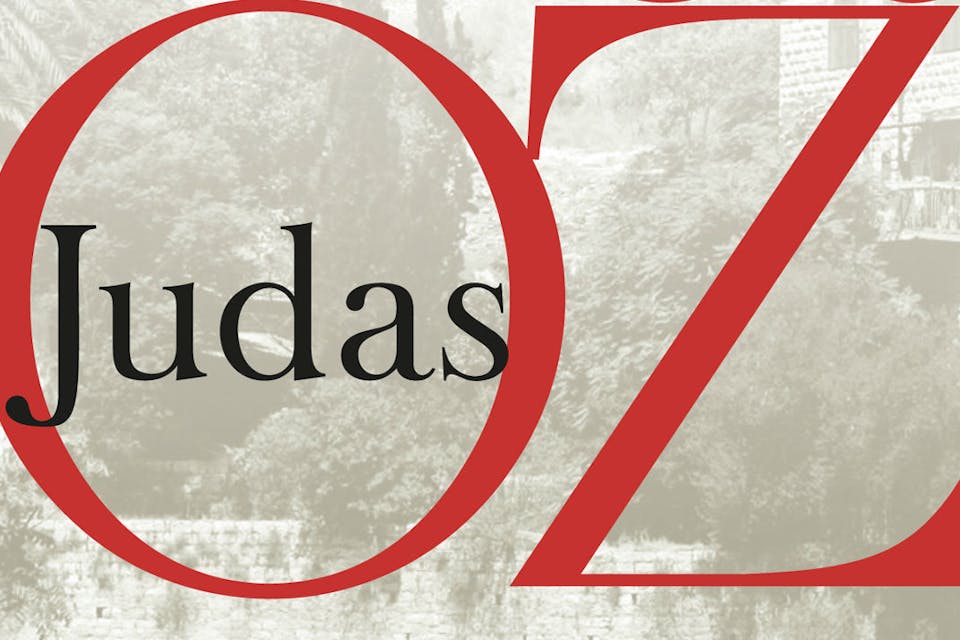
March 29, 2017
Famous Amos
The latest novel by Amos Oz, Israel's best-known writer, is ostensibly an allegory about both the state of Israel and the betrayal of Jesus. What's it actually about?
Over the course of his long career as novelist, commentator, and political activist, no author has been so insistent as Amos Oz that his own life story be taken for the story of Israel itself. This identification reached its literary apex in Oz’s glowering memoir, A Tale of Love and Darkness (2004), recently turned into a film directed by Natalie Portman. The book tells the story of Oz’s childhood against the tumultuous backdrop of the creation of the Jewish state. Fusing autobiography and national history, it marches circuitously but steadily toward its crest: the suicide of Oz’s mother, an event presented in the memoir and in various guises throughout his fiction as the dark underbelly of the Zionist dream, a ghost haunting the polity that is Israel.
And yet, perhaps despite itself, Oz’s memoir also calls this identification into question, suggesting that the source of the melancholy ambivalence out of which Oz writes is ultimately private, a personal and not a national calamity after all. And something similar is the case with Oz’s latest novel, Judas, which again is at once about and not about Israel. In contrast to his sprawling memoir, Judas is a short book. Yet this deceptively simple little fiction, recently translated (like most of Oz’s prolific output) by Nicholas de Lange, is in some ways even more divided against itself than A Tale of Love and Darkness. It, too, returns obsessively to the story of Israel’s founding. Yet that very obsessiveness suggests the pressure of urges and anxieties other than national and moral ones.
Oz sets his tale in an atmospherically conjured Jerusalem at “the end of 1959 and the beginning of 1960.” His protagonist, Shmuel Ash, is an idealistic young man in his twenties, a nebbish who sports socialist pretensions and a Fidel Castro beard, but with little success in love. He answers a job posting for a boarder who will keep company with the housebound Gershom Wald, an elderly invalid who enjoys discoursing on politics, history, and human nature. The house’s other resident is Atalia Abravanel, a beautiful and foreboding woman in her forties who is the widow of Wald’s son, Micha. Two other significant characters, both deceased, loom as household ghosts: Micha, who was killed in battle in the 1948-49 War of Independence, and Atalia’s father Shealtiel, a political activist who opposed the creation of a Jewish state and was therefore ostracized by the Zionist leadership.